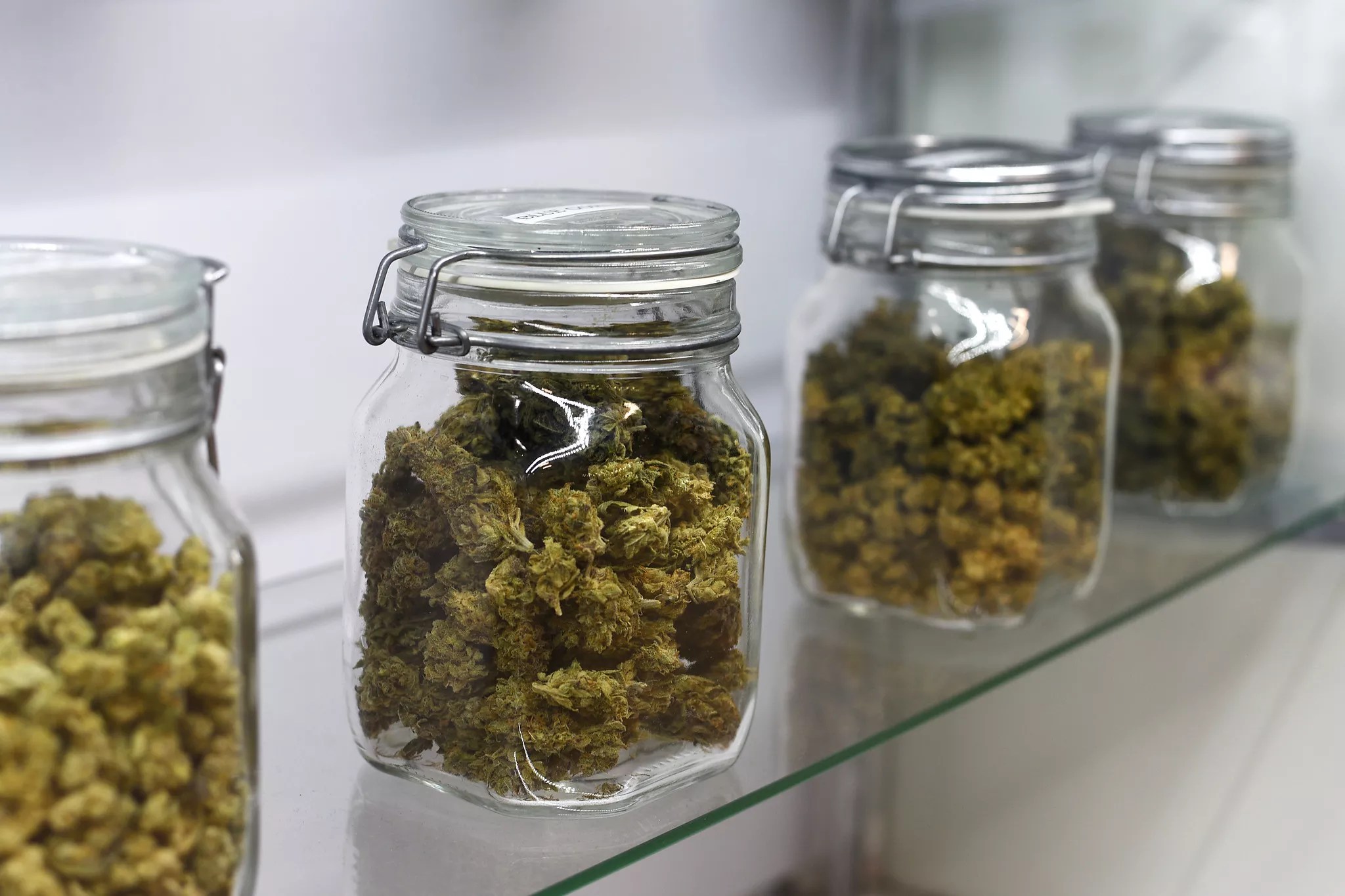

Audio By Carbonatix
In Florida, companies such as Philip Morris and Bacardi aren’t required to cultivate and process raw plant material and then package, distribute, and sell their cigarettes and rum. But for some reason, state law requires medical marijuana producers to operate exactly that way.
Florida legislation requires the medical marijuana industry to be vertically integrated, meaning facilities that dispense medical marijuana on a retail level also must cultivate, process, and transport their product. Florida Gov. Ron DeSantis himself has likened vertical integration to a “cartel.” In July, a Tallahassee appellate court issued a ruling saying the system is unconstitutional. The issue will next be heard by the Florida Supreme Court.
But if the courts don’t dismantle the system soon, lawmakers might do it first. In recent weeks, two bills have been added to Florida’s rapidly growing roster of marijuana-based legislation in an attempt to make the industry function more efficiently.
In the Senate, Democratic state Sen. Perry Thurston has introduced SB 212, which would place restrictions on Florida’s monopolistic practices and encourage diversity within the industry. Essentially, the bill prohibits retail facilities from producing their own products, as they are currently required to do. The hope is that by prohibiting physicians and caregivers from having economic interests in retail facilities, they would have no incentive to improperly prescribe or administer marijuana as medication.
The bill further seeks to curtail the vertical integration of the market by limiting the number of medical marijuana treatment centers with whom a retail facility can be associated and disallowing treatment centers from owning or operating dispensaries.
Thurston’s bill would also prohibit applicants listed as an owner, board member, officer, or manager from being listed on more than one licensure application for medical marijuana retail facilities. Finally, SB 212 would identify applicants with strong diversity plans and implement educational programs to help them obtain licensure. This bill would enable the state to begin licensing treatment centers in August 2020.
The second bill, HB 149, has been introduced by Republican state Rep. Anthony Sabatini. It would require entities that “cultivate, process, transport, or dispense marijuana” to be licensed as medical marijuana treatment centers. The changing of the language from “and” to “or” indicates the same company does not need to plant marijuana, distribute it, and do everything in between. This bill would remove the current limits on the number of applicants allowed to be approved within a specific timeframe and geographic area.
Today I filed HB 149, a Bill that eliminates the vertically-integrated business model in Florida’s medical marijuana law and also the cap on the number of licenses. Florida’s current law and limited license scheme is anti-competitive and bad for FL https://t.co/aEwXK8iWV0
— Anthony Sabatini (@AnthonySabatini) September 11, 2019
Notably, HB 149 states that preference must be given to minority farmers and companies that currently process, concentrate, and can citrus fruits. Because of citrus greening and urbanization, Florida’s citrus industry – a longtime staple of agriculture and a dependable source of income for farmers – has been steadily declining. The Sunshine State has a long history of supporting its citrus farmers, and Sabatini’s bill intends to continue that tradition and pave the way for processors to transition into the burgeoning marijuana industry. Writing legislation that prioritizes minority farmers and local companies indicates the movement to make Florida’s medical marijuana environment more inclusionary is growing.
HB 149 would also require a performance bond of $5 million for each applicant, or $2 million if the applicant serves 1,000 or more patients. Issuing performance bonds is a double-edged sword, though: The process verifies that each applicant has the proper financial requirements, but it would come at a high cost to startups, thereby shutting out a large number of mom-and-pop and boutique operations.
However, the current vertical integration model makes entering the industry difficult for small companies by creating a high monetary barrier. And by requiring companies to cultivate, process, distribute, and retail their products, the law prevents any one company from specializing in and excelling at a specific aspect. In turn, Florida’s medical marijuana industry operates at a suboptimal level, wasting time and money and resulting in artificially high retail prices.